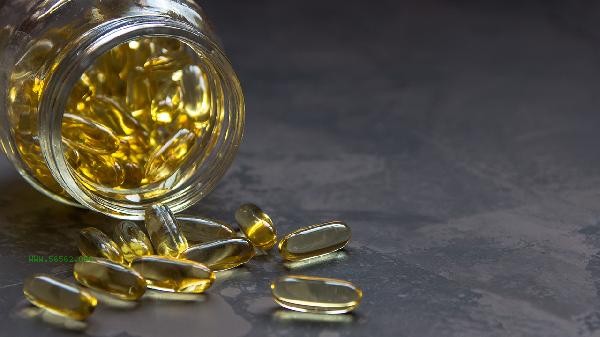At the age of 17, vitamin A can generally be taken, but it needs to be supplemented reasonably according to individual nutritional status and doctor's advice. Vitamin A deficiency may lead to problems such as night blindness and dry skin, while excessive intake may cause adverse reactions such as headaches and liver damage. Daily intake can be obtained through foods such as animal liver, carrots, spinach, etc. In special circumstances, vitamin A supplements should be used under the guidance of a doctor. Vitamin A is an important nutrient for maintaining vision, immune function, and skin health. Adolescents are in the growth and development stage and have a relatively high demand for vitamin A. If you have a balanced diet and often eat dark vegetables, dairy products, fish, and other foods, there is usually no need for additional supplementation. When a physical examination reveals low serum vitamin A levels or related deficiency symptoms, short-term supplementation at the recommended dose can be administered after evaluation by a doctor to avoid long-term self medication. Excessive intake of vitamin A may cause toxic reactions, such as daily intake of over 3000 micrograms of retinol equivalent, which may lead to symptoms such as dizziness, peeling, and joint pain. Pregnant women and those with abnormal liver and kidney function should strictly follow medical advice. Some acne treatment drugs contain vitamin A derivatives, and combined supplementation may increase the risk of poisoning. Before taking medication, it is necessary to proactively inform the doctor of all medications and health products currently being taken.

It is recommended that teenagers prioritize dietary supplementation with vitamin A, consume animal liver 1-2 times a week, and ensure 300-500 grams of fresh vegetables per day, with dark vegetables accounting for more than half. If supplements are needed, regular drugs should be chosen instead of health supplements, and serum vitamin A levels should be monitored regularly. Avoid taking other supplements containing vitamin A such as cod liver oil at the same time to prevent accumulation and poisoning. Seek medical attention promptly when symptoms such as visual changes and persistent headaches occur.





Comments (0)
Leave a Comment
No comments yet
Be the first to share your thoughts!